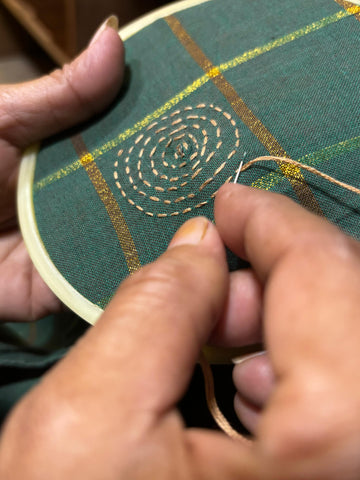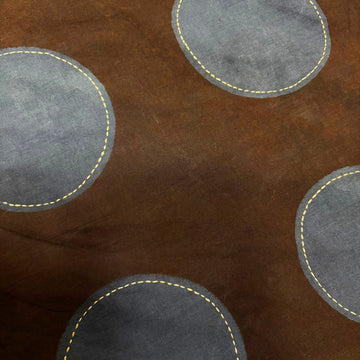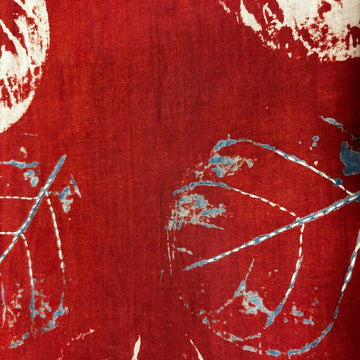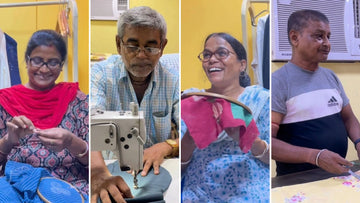Artisans form the backbone of the ethical fashion movement, crafting high-quality, handmade creations that prioritize sustainability and cultural preservation. Through traditional techniques like block printing, handloom weaving, and eco-friendly practices, they challenge the wastefulness of fast fashion while celebrating cultural heritage. By supporting artisans, ethical fashion fosters environmental stewardship, preserves age-old crafts, and promotes fair labor practices, ensuring a harmonious balance between tradition and innovation.
Moreover, artisans make a contribution to the preservation of cultural background. Techniques like block printing, hand embroidery, and handloom weaving are passed down through generations, creating merchandise that tell a tale and connect clients to the rich histories of their makers. Supporting these crafts ensures that these traditions now not simplest survive however thrive in a modern financial system increasingly ruled by means of automation.
Artisans are important to ethical fashion, driving sustainable practices via unique, hand-crafted creations. By using traditional techniques and eco-friendly substances like natural dyes and handlooms, they limit the environmental effect of fashion production. This approach aligns with sustainable fashion's dreams of lowering waste and keeping resources even as preserving cultural historical past and promoting fair labor practices.
Eco-Friendly Clothing
Eco-friendly clothing emphasizes the use of sustainable substances, which includes natural fabrics that have minimal environmental impact. Artisans play an essential position by utilizing conventional techniques like hand-weaving and natural dyeing.
Ethical Manufacturing Practices
Ethical manufacturing practices prioritize fair wages, secure working conditions, and respecting workers rights. Artisans regularly operate in small-scale, community-based setups that foster transparency and equity in production. By recycling waste, these practices make certain minimum waste and discourage exploitative hard work. The integration of artisans into ethical delivery chains empowers them economically even by selling sustainably with superb craftsmanship.
The Vital Role of Artisans in Shaping Ethical Fashion at Earthwear
At Earthwear, we trust that fashion is greater than just apparel. It's a story of people, culture, and sustainability. At the heart of our ethical fashion journey are the artisans, professional craftspeople whose dedication to traditional strategies and sustainable practices breathe life into our creations.
Artisans play a vital role in nurturing their crafts and making unique individual pieces by hand as opposed to mass machine production. Their work is rooted in sustainability, using eco-friendly materials and techniques that limit environmental effect. For Earthwear, partnering with artisans ensures that every product displays not the simplest beauty but also respect for the planet and its people.
Each handcrafted piece tells a story of tradition, resilience, and creativity, connecting customers to its makers. Earthwear redefines the industry, by adopting age-old crafts with minimum waste and recycling and proving ethical fashion is a purposeful movement toward a sustainable and inclusive future.
FAQ:
- Who are artisans in ethical fashion?
- How does ethical fashion benefit artisans?
- What are the key principles of ethical fashion?
- How do artisans contribute to sustainable fashion?
- What materials do artisans use in ethical fashion?
- What is the difference between ethical fashion and fast fashion?





